As the first member of her extended family to graduate from college, no one ever told Ashley Valentine there’d be days like the ones she encountered as a undeclared freshman.
Thank heavens for what became her home away from home, at 1114 West Nevada Street.
“Without the School of Music,” Valentine says, “I don't know if I could have finished in one piece."
“I came from a loving and structured home. I was an athlete and played music. My high school was small, so only a few of us went to U of I. When getting there, the party culture, sorority culture and massive sea of students felt like it was consuming me at times. I didn't declare a major until my sophomore year. I thought I wanted to be a veterinarian; however when we saw how expensive the books were, it was best that I remained undeclared until I had a better idea.
“Nonetheless, music was always part of our household and my family. So while I was figuring out where I fit in, how to fit in, what to study, how to take out student loans, race relations on campus and more, I always felt myself and seen when I would let myself into a practice room to play etudes on weekends.
“I had a lot of fun in college. I joined a sorority, attended parties and enjoyed KAMS like the rest of my class. I majored in sociology and minored in music and Spanish. College was a once-in-a-lifetime experience.”
Particularly the time she time in Sevilla, Spain, where she arrived a study-abroad student and left with what she calls an “aytpical love story.”
After two weeks of living in a dorm, she and a randomly selected student from Wisconsin moved into a homestay with a woman Valentine remains close with to this day.
“We were Carmen's first students ever, so she did things like teach us how to use cuss words appropriately in Spanish and drag us to the grocery stores with her to ensure that we understood the importance of squeezing bread before purchasing it.
“One time when I was sick, Carmen spent the entire day playing charades with me at the doctor and pharmacy. Charades was necessary because she didn't speak English, I didn't speak Spanish and I was feeling really crummy.
“By my fifth week of living with her, one of my professors in class commented that my Spanish was that of a telenovela and 50-plus-year-old woman. Another professor eventually stopped me from cussing in class. I had no idea that when dropping a pencil, that all Spaniards didn't shout (bleep). Carmen succeeded in teaching me local Spanish.
“Outside of Carmen, living in southern Spain was the first time, ever, that I've been just an American first. I wasn't Black first. My suburb didn't define me. My parents being from Chicago wasn't important. None of that mattered. I was just an American.
“The people were curious about me because so few Black Americans study abroad. It also happened to be the year the Obamas were inaugurated, so there were often times when people on the street said I looked just like Michelle Obama.
“I don't, but that's a compliment I'm willing to accept.
“I learned Spanish. I learned culture. I learned how to accept people as they are while living in Spain. I learned myself. Upon returning to U of I, I befriended a group of Spanish study abroad students on campus. I even started to volunteer with the local elementary school in their bilingual classrooms. I had no idea these pockets of diversity existed in and around campus.
“After graduation, I went back to teach English from 2010-11 in Cadiz. I stayed in Europe and did a master's in Aberdeen, Scotland in 2011-12. Present day, I go back to Spain every other year, and stay with Carmen. I have friends all over the world because of my time there. I use that cultural exchange in my daily life and work life.”
These days, Valentine runs Washington, D.C.-based Sick Cells, which she co-founded with brother Marqus in 2017 in hope of educating, advocating and raising awareness for sickle cell disease through local, state and federal legislative advocacy.




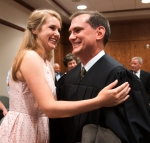
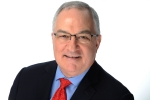
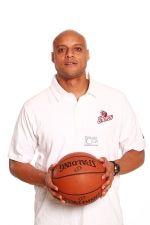
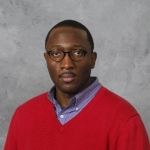
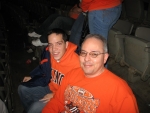
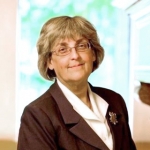
© 2026 The News-Gazette, All Rights Reserved | 201 Devonshire, Champaign, IL | 217-351-5252 | www.news-gazette.com
